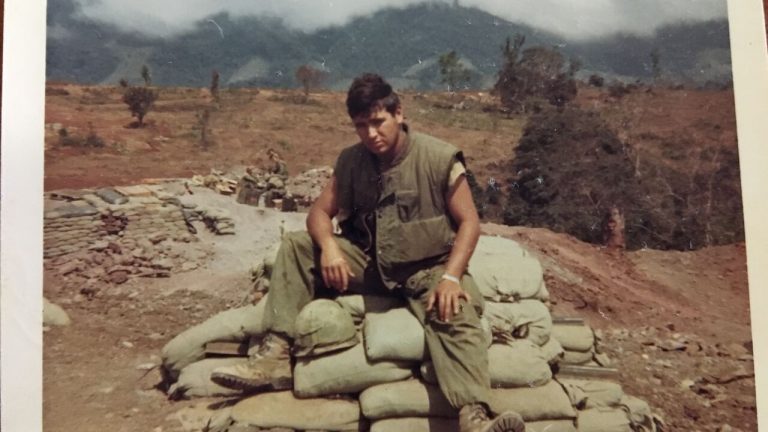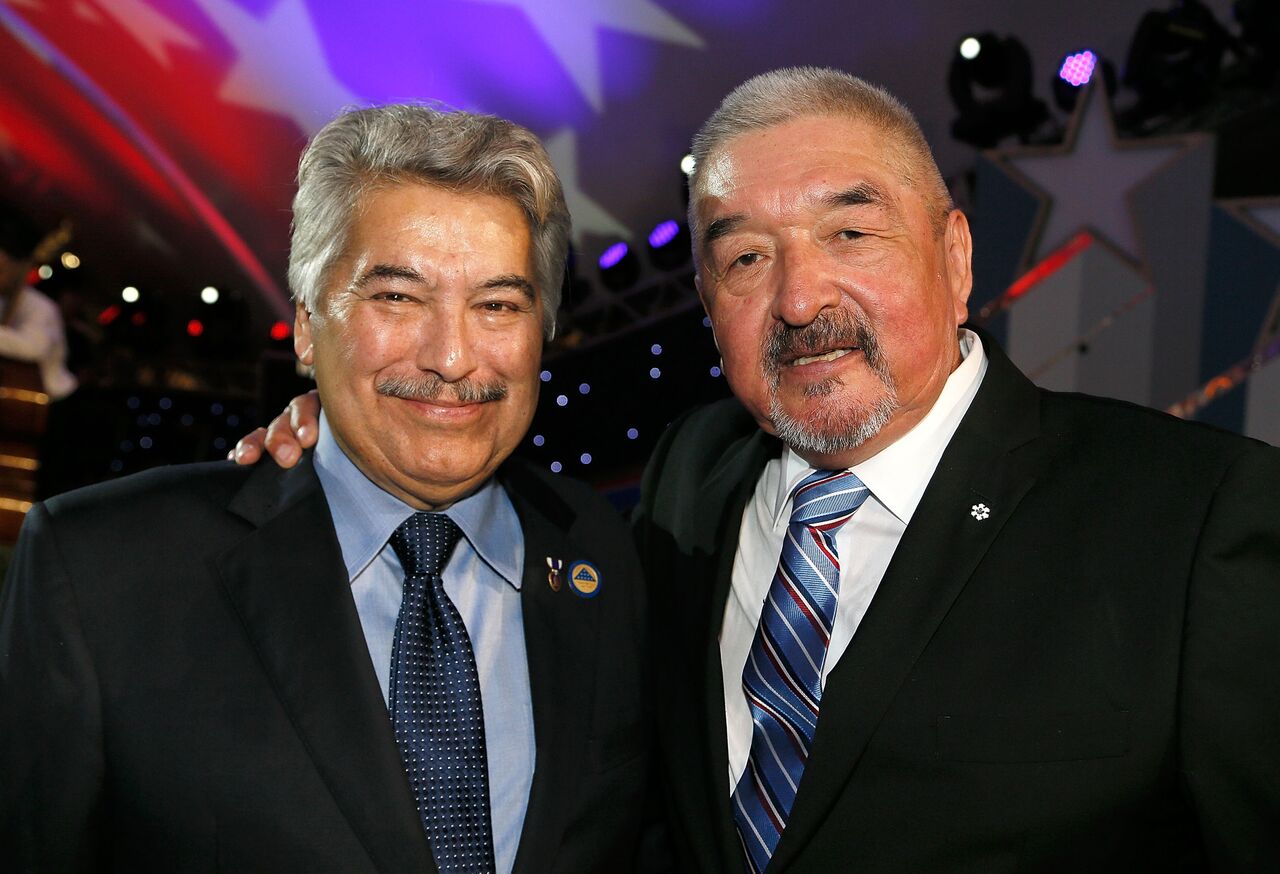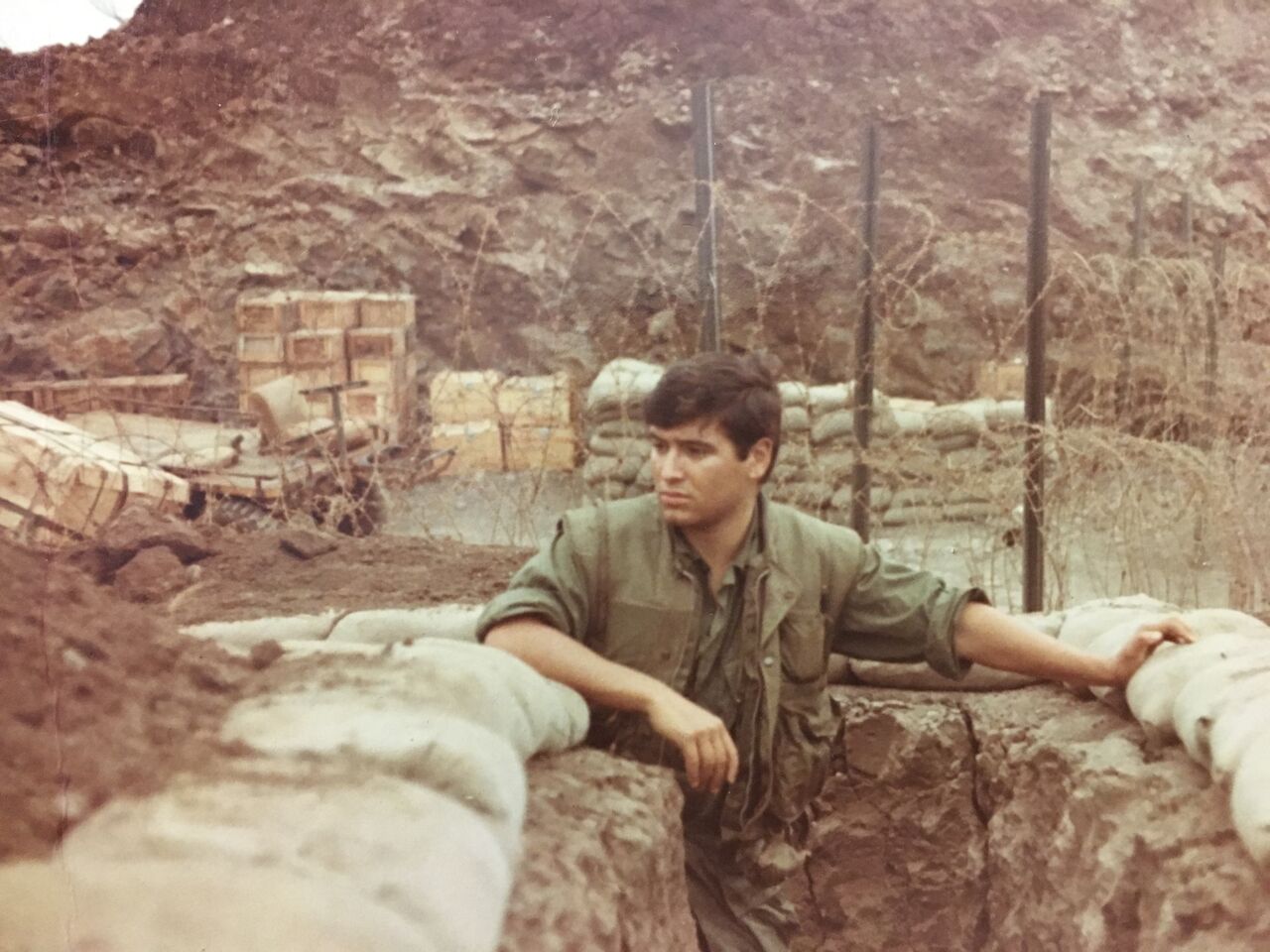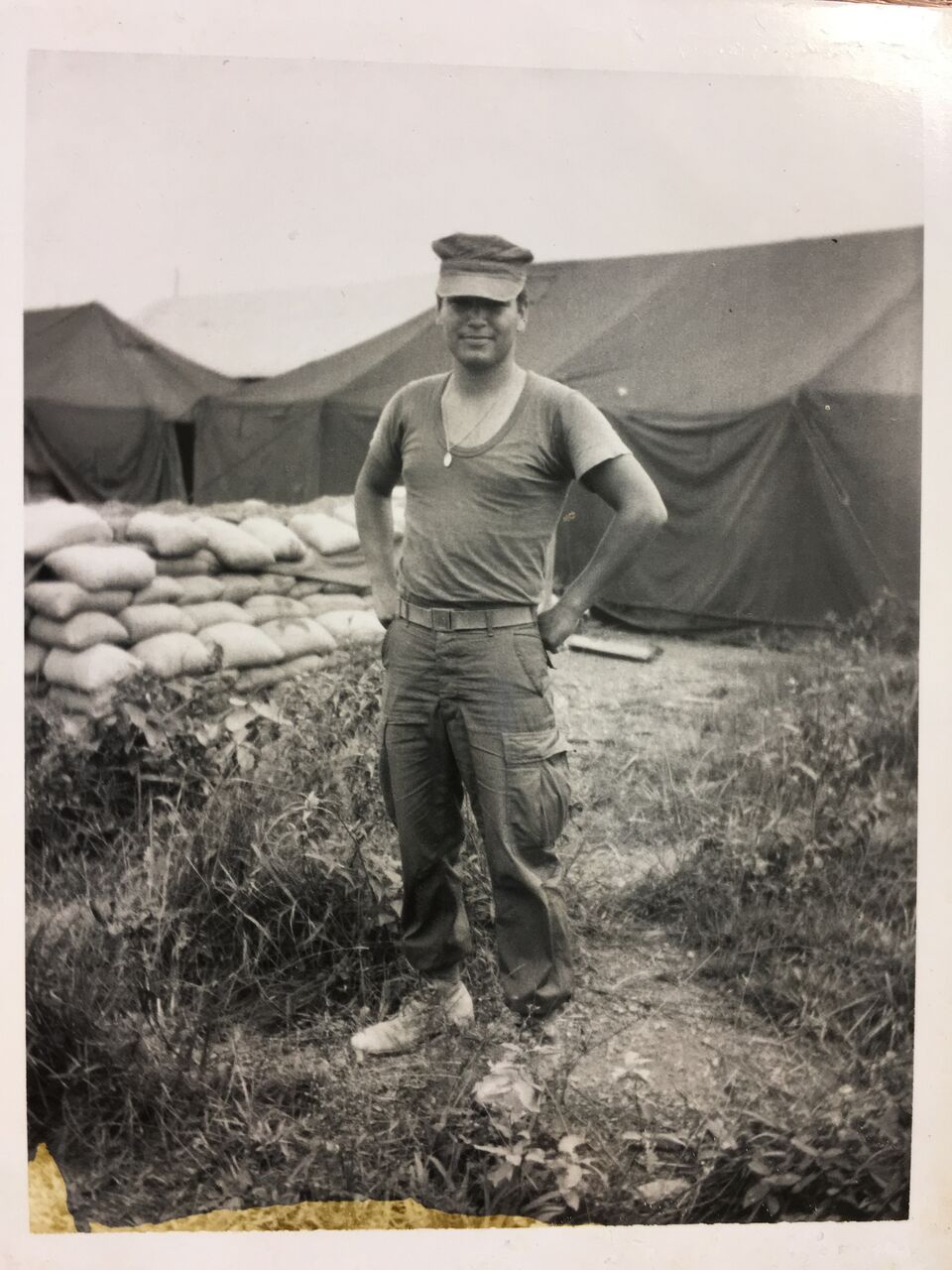
How Veteran Bill Rider Finds Purpose in Helping Soldiers with PTS
A veteran commits suicide every 65 minutes and Bill Rider is on a mission to stop the epidemic.
Rider, 73, served in Vietnam in the Marine battalion known as “The Walking Dead.”
“It’s the most casualty heavy unit in Marine Corps history, still to this day. So I was quite fortunate to make it through my tour of 13 months there. I lost a lot of great friends,” he told The Voluntourist.
Three decades after returning from war, he was diagnosed with Post Traumatic Stress and has since helped generations of veterans with the damaging effects of war as part of his healing process.
He started an organization American Combat Veterans of War and was honored for his efforts at the PBS National Memorial Day Concert in Washington D.C. where we talked to him about the road to recovery for veterans.
The Voluntourist: What was it like being honored at the PBS’ National Memorial Day Concert ?
Bill Rider: I thought it was such a huge honor for the National Memorial Day Concert to make me one of the three veterans selected. Quite an honor. I was more thrilled when I heard I was the first person from San Diego County they had recognized. There’s so many great veterans in San Diego County that have done a lot. It’s probably the number one population in the United States for military veterans and families because of the naval base in 29 Palms and Camp Pendleton.

The Voluntourist: Tell me about your wonderful organization that helps so many veterans.
Bill Rider: We felt that there should be something more to offer to help veterans and most importantly I think we had a feeling that we had a lock on how to talk to combat veterans because all of our early guys were combat veterans from Vietnam. After we talked to the young marines and talk to them about their trauma and what they’re doing now like drugs and alcohol.
The Voluntourist: They’re doing that as a way to deal with their trauma?
Bill Rider: They’re doing that as a way to feel, actually. They went numb and they’re detached from normal life and normal relationships. They don’t realize this is what’s happening. They think this is the way it’s supposed to be, but it doesn’t have to be that way. It’s certainly not the most positive spin on PTS–I don’t use the D. The D for disorder connotation its weak, abnormal or that one isn’t able to hack it. My interpretation is if you’re a human being and you lose friends in front of you in the most surreal visceral way, you’re going to be traumatized. So we operate on that premise and try to get them back to the path of healing. They have to believe in something and they have to regain some sense of spirituality. And one of the things that I teach the incarcerated veterans is moral imperative. What’s the right thing to do? You always try to do the right thing, especially if nobody is watching because that’s the true test of character. If you pass the test then something clicks inside your mind and you realize you’re not such a bad person and that you do have integrity.

The Voluntourist: I understand you were told you had PTS 30 years after coming home from Vietnam. How did you feel when you were finally diagnosed?
Bill Rider: A psychiatrist at the VA in La Jolla and I spoke for about five to ten minutes and he said, “You’re suffering from Post Traumatic Stress.” I took it as an insult. I’m not weak. I’m a tough guy. I asked him how he could tell in that such a short amount of time and I remember him looking me in the eyes and said, “Bill, that’s what I do for a living!” Okay that makes sense.

The Voluntourist: What were some of the symptoms you were experiencing?
Bill Rider: You have hyper vigilance and that’s why I’m watching the door right now, spiral reflex, which means if someone touches you on the back of your shoulder, you jump out of your skin, you don’t smile very often and I was having nightmares. When we’re helping other veterans, we really try to make them feel like their life is going to be worth wild. A lot of them coming back from war have given up. War is an extension of politics and when you realize there are so many liars in government, that’s where it is. It’s a moral injury and it’s a spiritual injury. Then you realize what else did I buy into that I shouldn’t have, then you start questioning everything you’ve done in life. War doesn’t bring anything besides heartbreak. What did we get out of Vietnam? Afghanistan? Iraq?
You can watch the PBS National Memorial Day Concert and watch Rider’s full story, that’s told by Graham Greene, on Video on Demand until June 10th, 2018 or watch online here.
